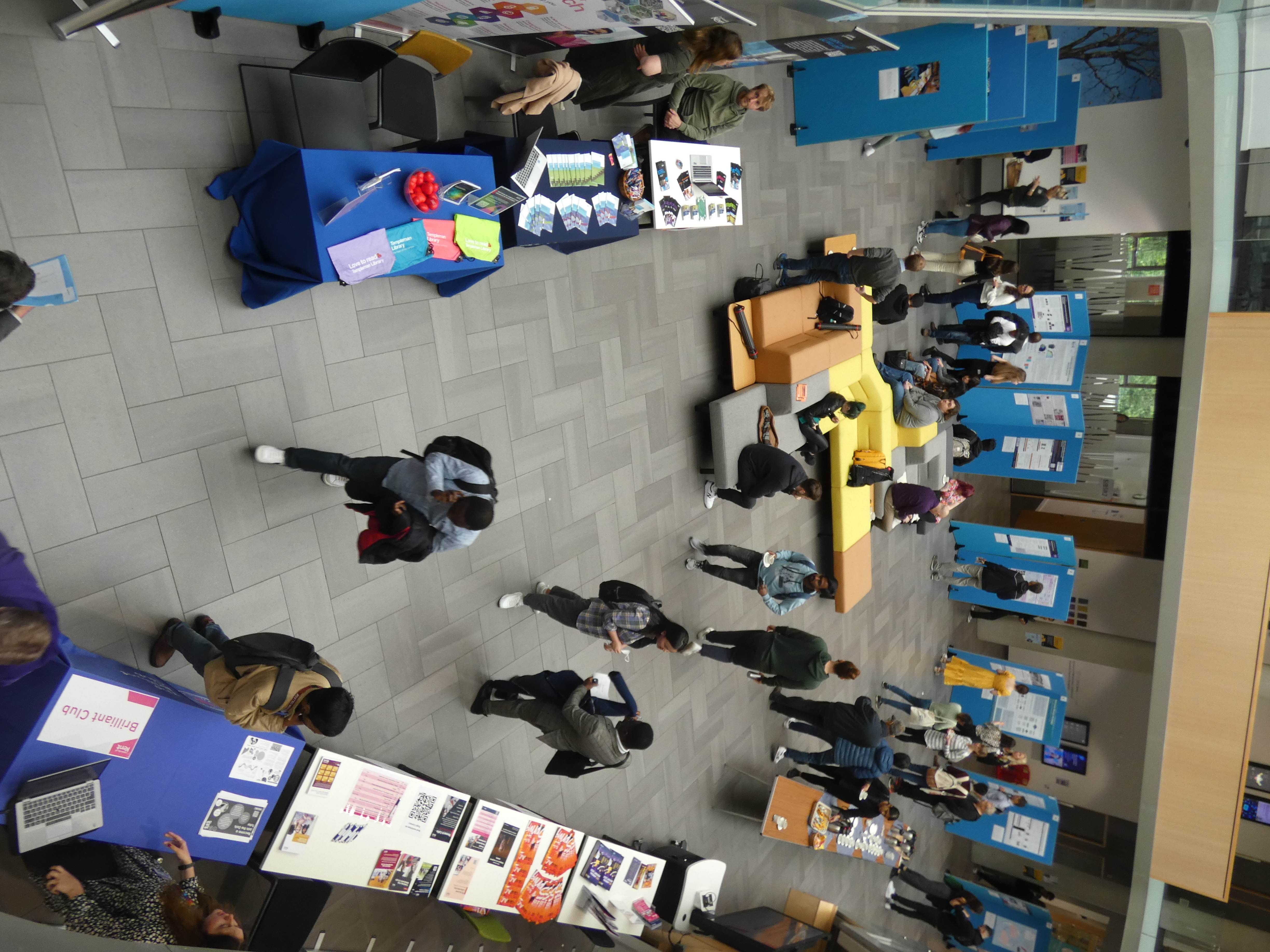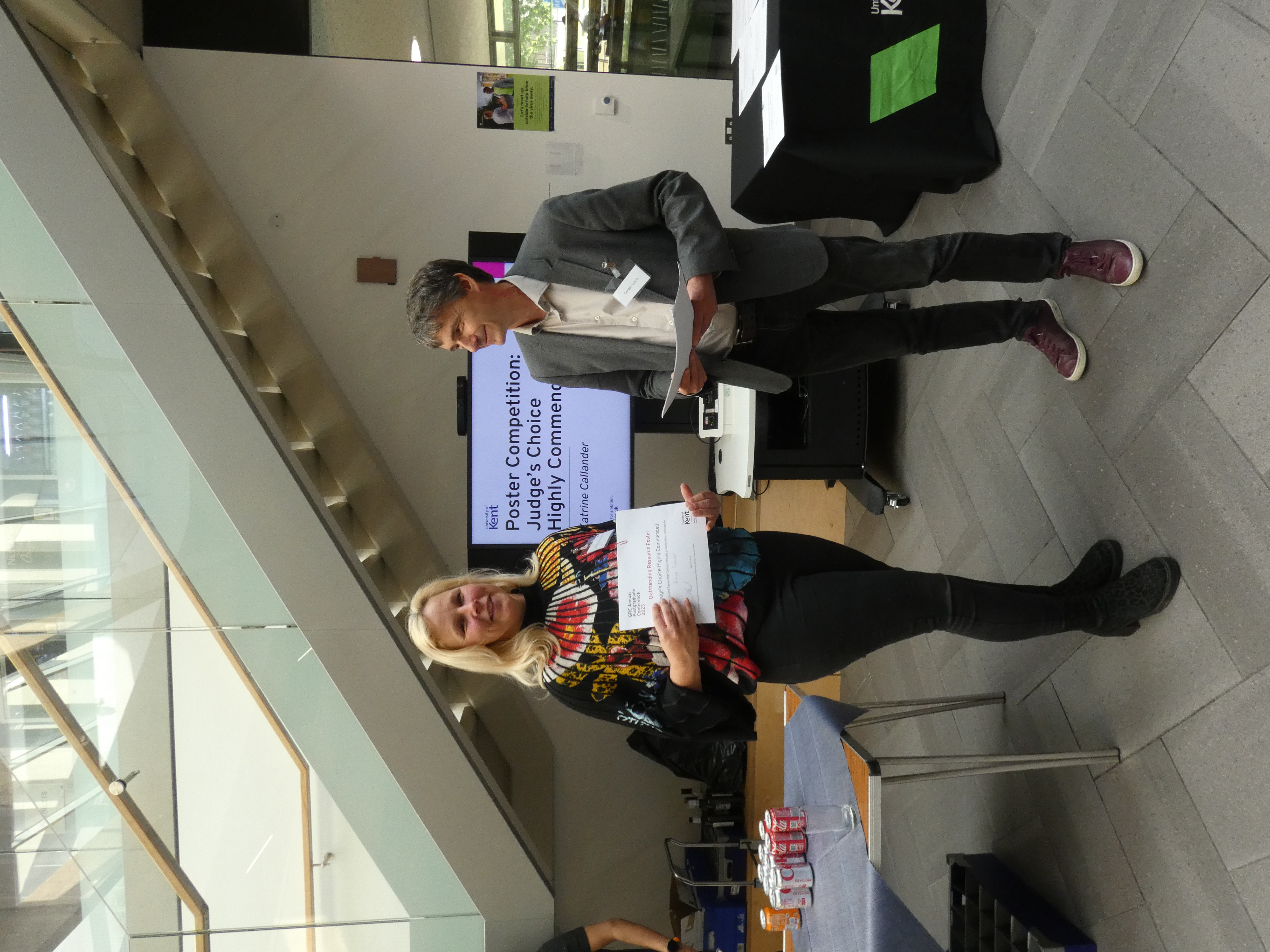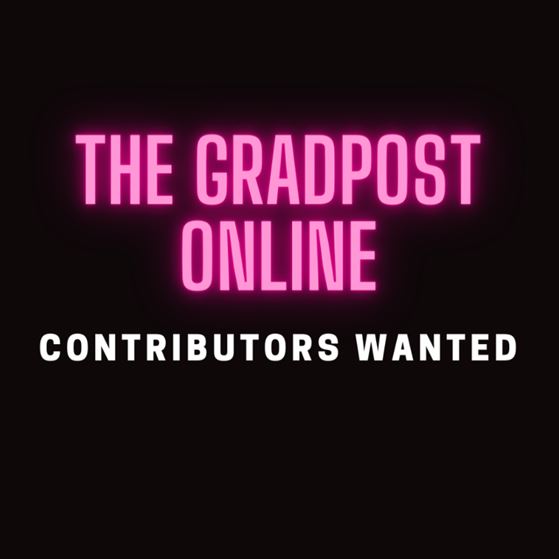When I did my Psychology undergrad here, I said I never wanted to do research because I’m an aspiring Clinical Psychologist. I never had a burning passion for any particular area of my degree. I just knew I loved clinical psychology and wanted to help people.
Then came my Masters, I met a transman friend the summer before, and I started getting interested in transgender individuals. I didn’t realise at the time, part of my interest stemmed from I was trans myself, but I didn’t know the language to describe what I had always felt.
My Masters gave me a chance to research a clinical population I was interested in, because I knew there were a lot of negative mental health outcomes for transgender individuals. Not because of them or something being “wrong” with them. That isn’t true at all. Instead, the negative outcomes come from societal and social factors typically more than the gender dysphoria itself.
This is why supporting trans people, affirming their gender identity and just being a good human being is so important.
That’s why I research transgender mental health through how Chosen Names (so how using a name that reflects your gender identity) and wearing gender-wearing clothing improves mental health. I have compassion for trans people considering how demonised, discriminated, and targeted they are in the media for no fault of their own. Trans people just want to live their lives in peace and have their gender on the outside reflect how they feel on the inside.
My research, my exploration of my own gender as non-binary and continuing to meet so many amazing trans people inspired me to keep researching and supporting trans people. I want to produce good, high-quality research that can make a positive impact on their lives. Since that’s the point of clinical psychology and my results have given me hope.
Hope for a better future where trans people can get more support, understanding and acceptance.
And that’s because of a passion for research, so if you have a passion you want to explore, don’t deny it.
Express it, enjoy it and carry it out. You never know where it’s going to lead you on your postgrad journey.
GradPost article written by Octavia Whiteley.





